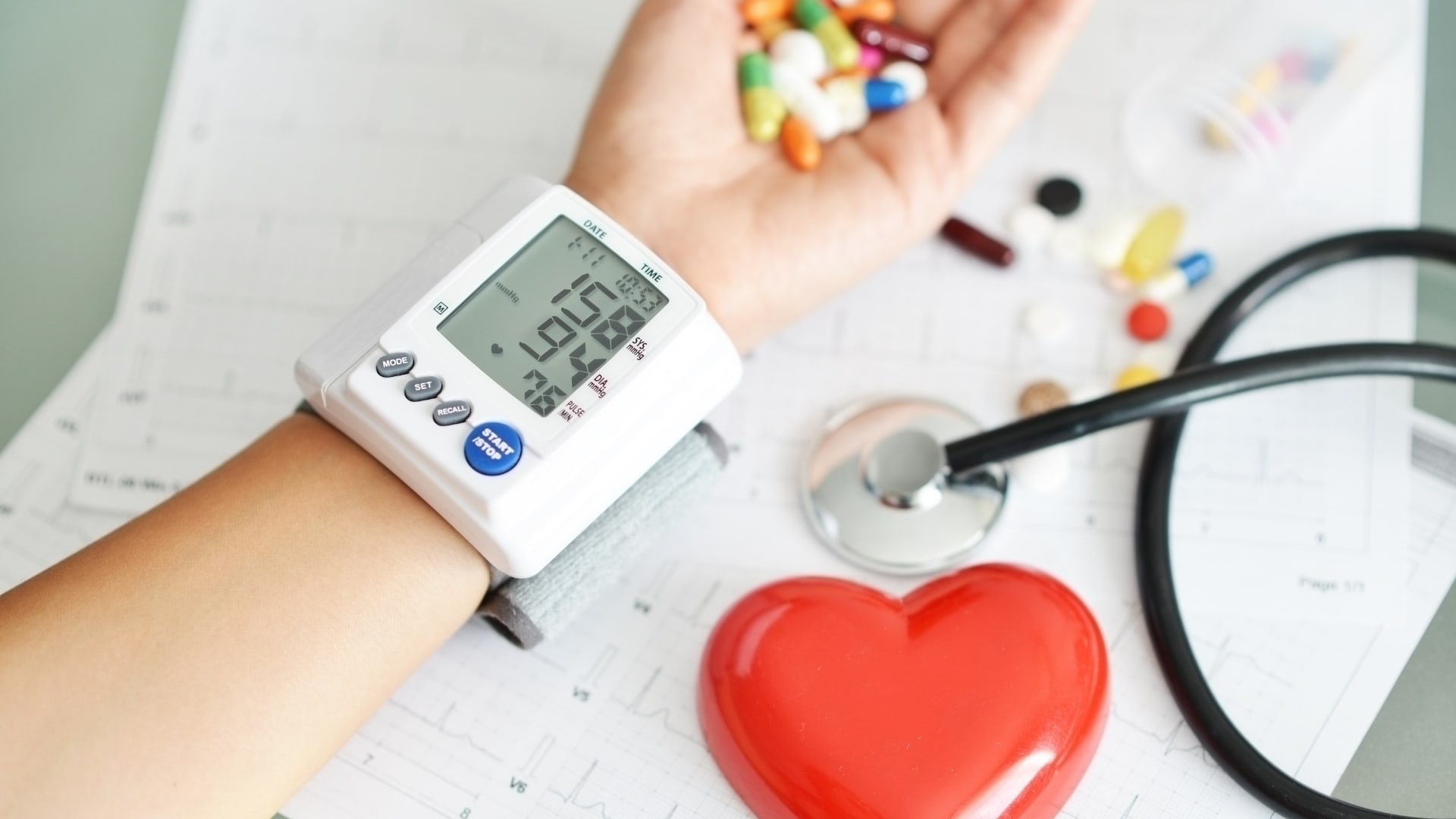Every woman knows who a gynecologist is and why they are needed. However, many women sometimes forget how important it is to regularly visit a gynecologist. A gynecologist is not just a doctor; they are a specialist who plays a crucial role in caring for women’s health. So why do we often only turn to them in crisis situations?
One reason may be a fear of discomfort or various misconceptions. However, the most valuable thing for every woman is her health, and it requires constant attention and care. Gynecological examinations not only help detect and address problems at an early stage but also contribute to the prevention of various diseases.
Why are gynecological examinations so important?
By undergoing regular examinations, women reduce the risk of developing gynecological diseases. These examinations also help identify pathological conditions, hormonal issues, and provide answers to numerous questions.
But who should undergo a full gynecological examination and when? Most often, women only visit a gynecologist when they have serious problems. However, the development of the female reproductive system is a lengthy and complex process, and regular preventive check-ups are necessary at different stages of life.
Initially, young girls visit a gynecologist during their school years, and then, with the onset of menstruation and the beginning of sexual activity, regular examinations become mandatory. These examinations may include various procedures, from bimanual examinations and vaginal speculum examinations to taking swabs for infections. Additional diagnostic measures may be prescribed as needed.
However, circumstances may sometimes require an immediate visit to the gynecologist, such as when experiencing abdominal or pelvic pain, pregnancy, changing sexual partners, menstrual cycle irregularities, and many other cases.
It is essential to remember that taking care of one’s reproductive health should start from a young age, rather than waiting for serious problems to arise. Regular gynecological examinations are a key step towards long-term women’s health.
What does a comprehensive gynecological examination include?
The examination begins with a medical history, during which the gynecologist learns about the patient’s health and medical history. This is followed by a physical examination, which includes a visual assessment of the condition of the reproductive organs, as well as a bimanual examination. Additional tests may be ordered to clarify the diagnosis and address any questions.
Additional examinations and ultrasonography (ultrasound) in gynecology
In addition to the basic procedures, doctors may also recommend additional examinations to refine the diagnosis. For example, if a woman experiences problems with pregnancy, the gynecologist aims to identify hidden inflammatory processes or infections. If visible changes in the cervix are found, the doctor may use an optical instrument called a colposcope with a camera for a more detailed examination. This procedure is entirely painless and helps the doctor gain a more accurate understanding of the cervix’s condition.
Ultrasonography (ultrasound) is also an integral part of comprehensive gynecological examinations. It allows the gynecologist to determine the size and position of the uterus and ovaries, as well as detect the presence of cysts and other abnormalities. Ultrasound is especially important during pregnancy, as it helps determine the sex of the future baby and monitor its development.
It is important to remember that regular visits to the gynecologist are the key to women’s health. Even if you have no obvious symptoms and feel well, annual preventive check-ups help prevent the development of inflammatory diseases and address any problems that may arise in a timely manner. After all, taking care of your health is an investment in your future and longevity.








